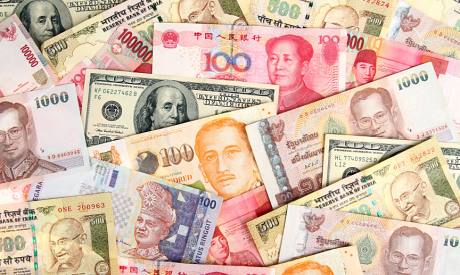Ahead Today
G3: Eurozone CPI
Asia: China GDP and Monthly macro data, Malaysia GDP
Market Highlights
Scott Bessent – the US Treasury Secretary nominee – used his confirmation hearing to make the case that exchange rate moves and lower prices for Chinese goods will blunt the impact of tariffs on US consumers. He was critical of China in the hearing, saying that it is the most imbalanced economy in the history of the world, and that they are attempting to export their way out of a recession as opposed to doing a much needed internal rebalance. He also added that he will push Beijing to resume agriculture purchases from the previous Phase One trade agreement and maybe even pursue a “make-up provision”. Meanwhile, Fed Governor Christopher Waller suggested that the US central bank could lower interest rates again in 1H2025 if inflation data continues to be favourable, and that if future inflation futures fall in line with December’s positive report, the Fed may cut rates more this year and sooner than investors are currently expecting.
The key focus of markets will be China’s GDP and monthly economic data such as retail sales, industrial production, and fixed assets investment. Consensus is expecting 4Q GDP to rise 5.2%yoy from 5.3%yoy the previous quarter, while also expecting some modest pickup in retail sales. These numbers could help signal to the markets and policymakers the need for further stimulus measures out of China, even amidst the uncertainty of possible tariffs under Trump 2.0.

Regional FX
Asian currencies were somewhat mixed, with THB (+0.44%), TWD (+0.15%), and INR (+0.11%) outperforming, while IDR underperformed (-0.58%). In particular, USD/IDR rose to 16,360 levels, extending further weakness on the back of this week’s surprise decision by Bank Indonesia to cut its key interest rate by 25bps to 5.75%, in an effort to boost the country’s slowing economy. The central bank governor Perry Warjiyo had downplayed the risk of inflation and said the rate cut is aimed at supporting the government’s growth objectives (see Indonesia – Policy rate will fall further in 2025, but timing is uncertain). Meanwhile, the Bank of Korea surprised markets by keeping rates on hold at 3% yesterday (vs consensus for a 25bps rate cut). The BOK cited concerns over the Won’s weakness and the impact of political instability. Bank of Korea Governor Rhee Chang-yong has linked future interest rate cuts to the economy’s resilience in the face of political turmoil, while BOK still expects to cut rates in the next three months, depending on the state of the economy, the currency, and the impact of Trump’s return to the White House.



